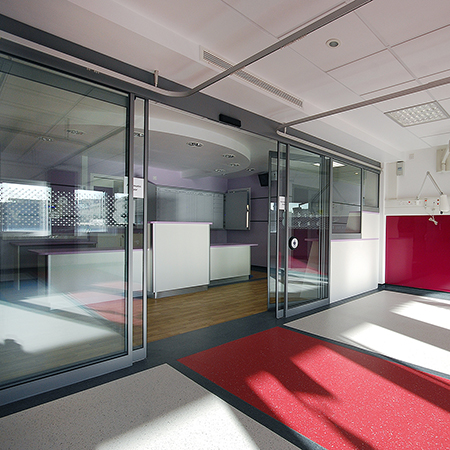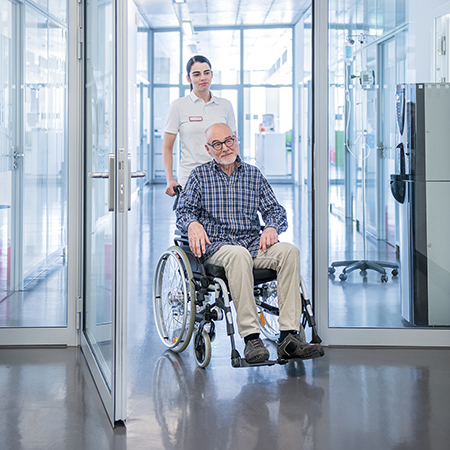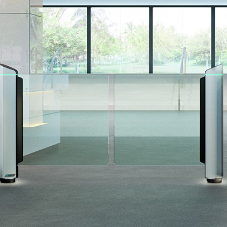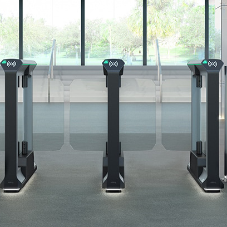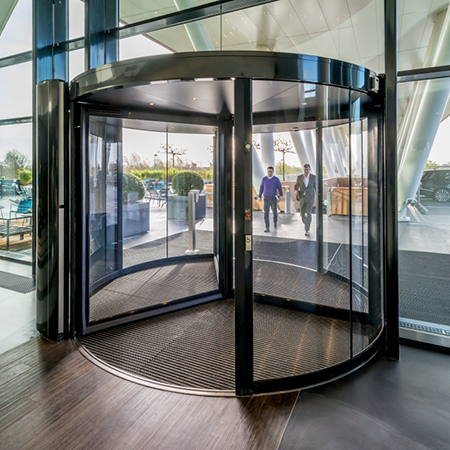Many Boots’ stores are located in areas of very high pedestrian traffic. In certain locations, automatic doors with traditional Passive Infrared (PIR) sensors are activated to open hundreds of times per day, often by people simply moving past doors at close proximity - an occurrence known as ‘false activation’.
During investigations by the Boots Energy Team, video footage of a particularly high-traffic entrance was recorded over a defined period, which highlighted the significant volume of false activations. During Boots’ People Surveys, Store Managers commented on the impact of needless activations on in-store conditions. The Energy Team began an investigation into possible solutions, with the goal of reducing the volume and length of time doors are open unnecessarily. A trial was devised for the store where video footage had been captured, and another two sites in high footfall areas, to provide objective evidence. The assistance of entrance automation specialists was sought.
Requirements
• Investigate prevention of avoidable energy lost through doors opening unnecessarily.
• Ensure all in-store colleagues have a stable working temperature, in all weather conditions.
• Investigate feasibility of existing PIR sensor activation units.
• Analyse door opening data over a 5 week trial
• Present theoretical energy saving solutions associated with modernization of activation units.
In order to gather the data required to objectively trial other sensor activation systems, ASSA ABLOY Entrance Systems tracked door activation at all identified sites over a specified period agreed with Boots Energy Team, using the data as a benchmark against which to measure change. ASSA ABLOY Entrance Systems specialists then installed alternative sensor activation devices at the trial sites for the same length of time, providing a robust theoretical analysis of potential energy savings, from which to base assumptions.
Utilising the data from trial sites, ASSA ABLOY Entrance Systems’ specialists provided SL Eco-Convenience upgrade kit for automatic sliding doors in areas where high pedestrian traffic is a factor. They also supplied Uni- directional activation sensors to ensure doors are only activated by traffic clearly moving towards the store entrance, filtering bypassers from the activation cycle.
Boots Energy Team conducted the trial of the SL Eco-Convenience upgrade kit in order to deliver anticipated energy savings and improve store comfort for colleagues and customers. Based on the trial data and footage, the decision was taken to install the upgrade solutions at all trial sites, at a small cost-uplift when compared to traditional Passive Infrared sensors (PIR).
The trial is part of a wider project by the Boots Energy Team to stabilise the temperature of store entrances, in collaboration with their Heating, Ventilation and Air-Conditioning Engineers to deliver an exceptional in-store climate, irrespective of weather and seasonal conditions, for colleagues and visitors at all group locations.
View Automatic Sliding Doors Product Entry


